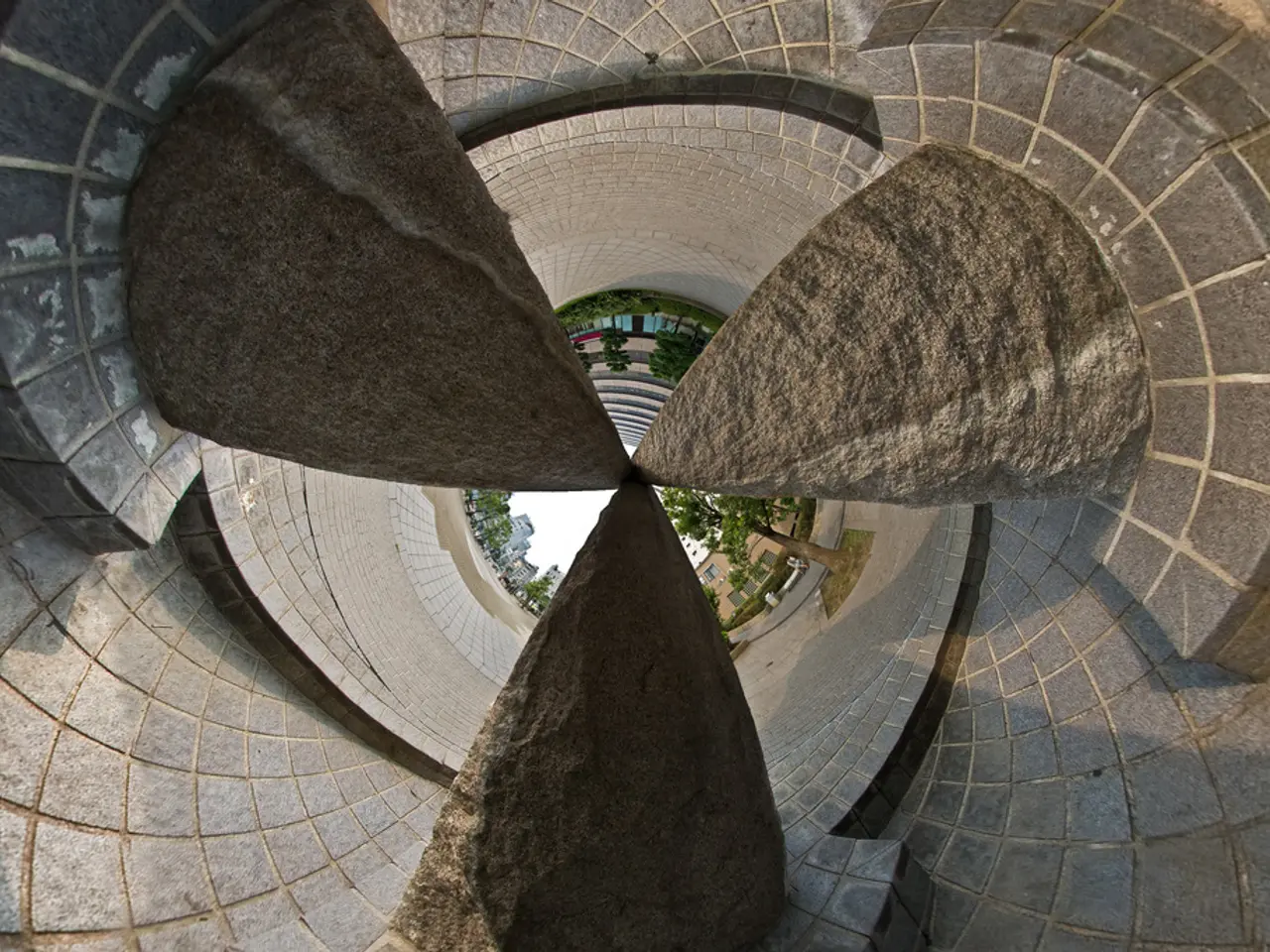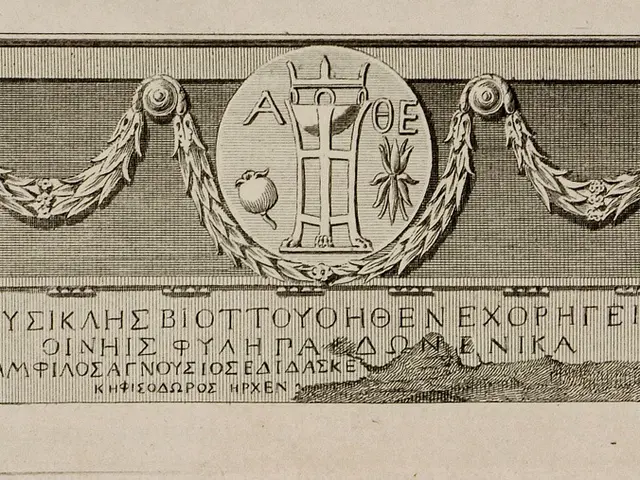Screens showcasing horrors in reality as well?
In the world of cinema, this year's Venice Festival is a hotbed of intrigue and imagination. Three films, in particular, have caught the attention of audiences and critics alike: "The Wizard of the Kremlin," "Frankenstein," and "Bugonia."
Olivier Assayas' "The Wizard of the Kremlin" is an adaptation of a novel, offering an analysis of the current power structure in Russia from a Western perspective. Jude Law portrays Vladimir Putin in the film, while Paul Dano plays a fictional advisor modeled after Vladislav Surkov. The story is told from this advisor's perspective, with the ruler consistently referred to as a Tsar and defined by war.
Guillermo del Toro's "Frankenstein," a competition film at the festival, presents Oscar Isaac as a charismatic yet arrogant Victor Frankenstein. Christoph Waltz plays an arms dealer in this film, which is part of the current cinematic exploration of monstrous figures and megalomania reflecting contemporary crises. Del Toro, in Venice, says the answer to terror and intimidation is love, which includes art.
The ending of "Frankenstein" is reminiscent of "Bugonia," as both suggest that the most monstrous thing in our lives is ourselves. In "Bugonia," directed by Yorgos Lanthimos, Jesse Plemons plays a conspiracy theorist, and Emma Stone is kidnapped by these theorists who believe she is an alien terrorizing the Earth. The film is one of the early favourites in this year's competition.
Christoph Waltz, in "Frankenstein," expresses a lack of hope in monstrous times, a sentiment that resonates with his character in "The Wizard of the Kremlin," where he plays a ruthless arms dealer. The film "The Wizard of the Kremlin" was based on a book written before the Ukraine war, adding a layer of historical significance to its portrayal of power and conflict.
These films, each unique in their own right, provide a thought-provoking exploration of power, conflict, and the human condition, making them must-sees at this year's Venice Festival.








